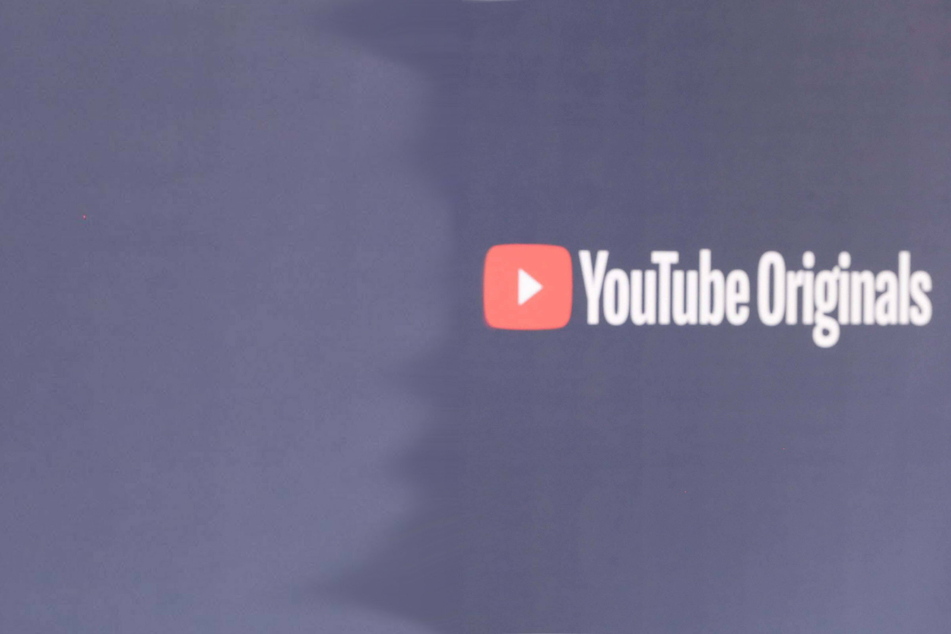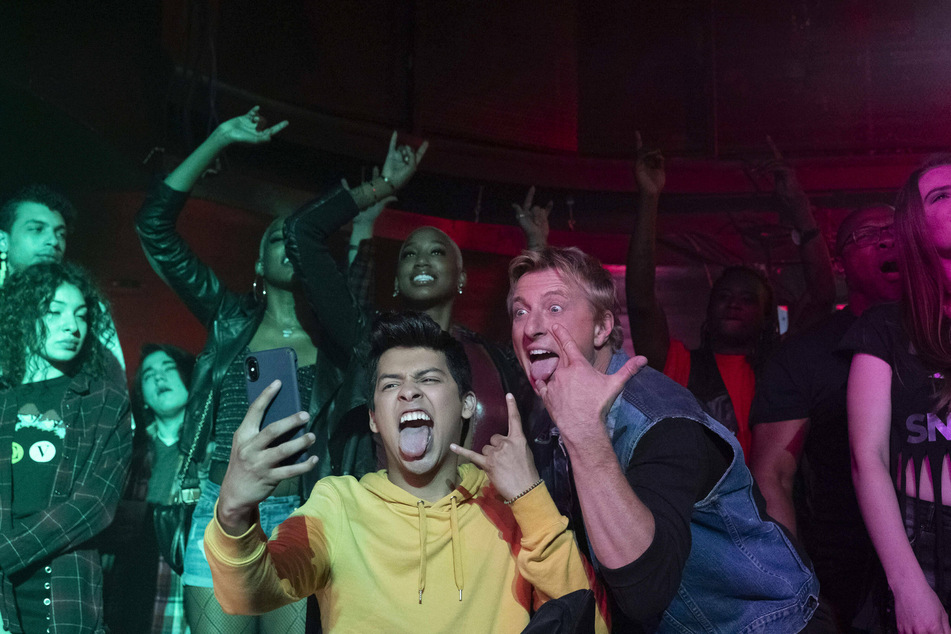YouTube Originals on its way out as platform reshuffles programming
San Bruno, California - Six years after making big plans to take on Hulu, Amazon Studios and other streamers, YouTube is retreating from the original programming business.

As part of the changes, the company said on Tuesday that Susanne Daniels, its global head of originals, is resigning as of March 1.
YouTube cited its desire to produce more shopping-related programming and content that supports Black creators and kids entertainment. The company has $100 million in funds devoted to kids shows and raising the perspective of Black artists.
"Together these factors contributed to our decision to reduce our YouTube Originals slate," said Robert Kyncl, chief business officer at YouTube, in a letter addressed to creators. "Going forward we will only be funding programs that are part of our Black Voices and YouTube Kids Funds," the executive wrote.
The Google-owned video giant has a massive global audience – 2 billion monthly logged-on users. But like some other tech companies, it has struggled to become a destination for original TV shows. Producing original content can be expensive and many consumers go to YouTube for other reasons, analysts said.
"YouTube is not the first choice of original content given its historical platform roots and ultimately YouTube is about creator content which speaks to this strategic pivot," said Daniel Ives, a managing director at Wedbush Securities. "This was an Everest-like uphill battle [from] the start for YouTube."
"Zigging where other people are zagging"

The announcement, first reported on by Variety, is a major pivot from when YouTube Originals was first introduced in 2015. YouTube, long known for its user-generated videos, began paying for Hollywood productions and launched shows including Cobra Kai, a spinoff of 1984’s hit movie The Karate Kid; and series that highlighted the video giant’s stars like Liza Koshy in Liza on Demand.
When the shows first launched, full seasons were only available with a subscription to the streaming service YouTube Red, which later changed its name to YouTube Premium. The paywall limited the audiences for those shows, and in 2020 YouTube made them free, supported with ads on its video library.
YouTube also moved away from scripted originals, with shows more focused on raising the profile of YouTube stars, celebrities, and musical artists.
"We're zigging where other people are zagging," Daniels said in an interview with the Los Angeles Times in 2019. "Part of the way we’re thinking now is, 'what can only be done on YouTube?'"
Streaming wars take their toll

Daniels is a veteran TV executive who has held roles including MTV and Lifetime Networks. Under her leadership, YouTube Originals occasionally did produce shows that hit the cultural zeitgeist.
Among them was Demi Lovato: Dancing with the Devil, a documentary series about the singer and actor’s life. Cobra Kai moved to Netflix last year and is one of its most-watched shows. The fourth season was the second most-watched English language TV show on Netflix last week by number of viewing hours, according to Netflix.
"YouTube's the biggest and best video platform in the world and what an exciting and tremendous experience I've had working to create meaningful programming for users of all ages and backgrounds all around the world," Daniels said in a statement on Tuesday. "I'm so proud that our Original content could contribute to the ongoing growth and success of this remarkable platform, and I look forward to new adventures ahead."
Other tech companies have scaled back as well. Last year, Facebook chose not to renew popular scripted show Sorry for Your Loss for another season and shifted its focus to unscripted programs, according to trade publication Deadline.
One of the casualties of the streaming wars was Hollywood startup Quibi, led by tech veteran Meg Whitman, which struggled to gain a large enough audience for its app that featured short-form programs starring A-list talent.
The distribution rights to the Quibi library were sold to San Jose-based tech company Roku at a discount, and some of its content is now thriving there.
Cover photo: IMAGO / ZUMA Press